Flaxseed and flax oil are both nutrient-dense options for supporting wellness, but they offer different benefits. Understanding the distinction can help you choose the right product for your lifestyle.
Flaxseed: Whole Nutrition
- Rich in Fiber: Whole flaxseed contains both soluble and insoluble fiber, which supports bowel regularity.*
- Contains Lignans: These plant compounds offer antioxidant support.*
- Supports Digestive Comfort: The fiber content helps promote a healthy gut environment.*
Flax Oil: Concentrated Omega-3s
- High in ALA (Alpha-Linolenic Acid): A plant-based Omega-3 that supports heart and cellular health.*
- No Fiber: Flax oil is pressed from the seed, removing the fibrous components.
- Ideal for Smoothies or Dressings: A convenient way to add healthy fats to your diet.
Which Should You Choose?
- Choose flaxseed if you’re looking to support digestive wellness and regularity.*
- Choose flax oil if your goal is to increase Omega-3 intake for heart and brain support.*
Barlean’s Best Practices:
We cold-press our flax oil to preserve nutrient integrity and offer organic, non-GMO flaxseed options - all manufactured under FDA-compliant GMP standards.
Shop now 👉 All Flax
*This statement has not been evaluated by the Food and Drug Administration. This product is not intended to diagnose, treat, cure, or prevent any disease.


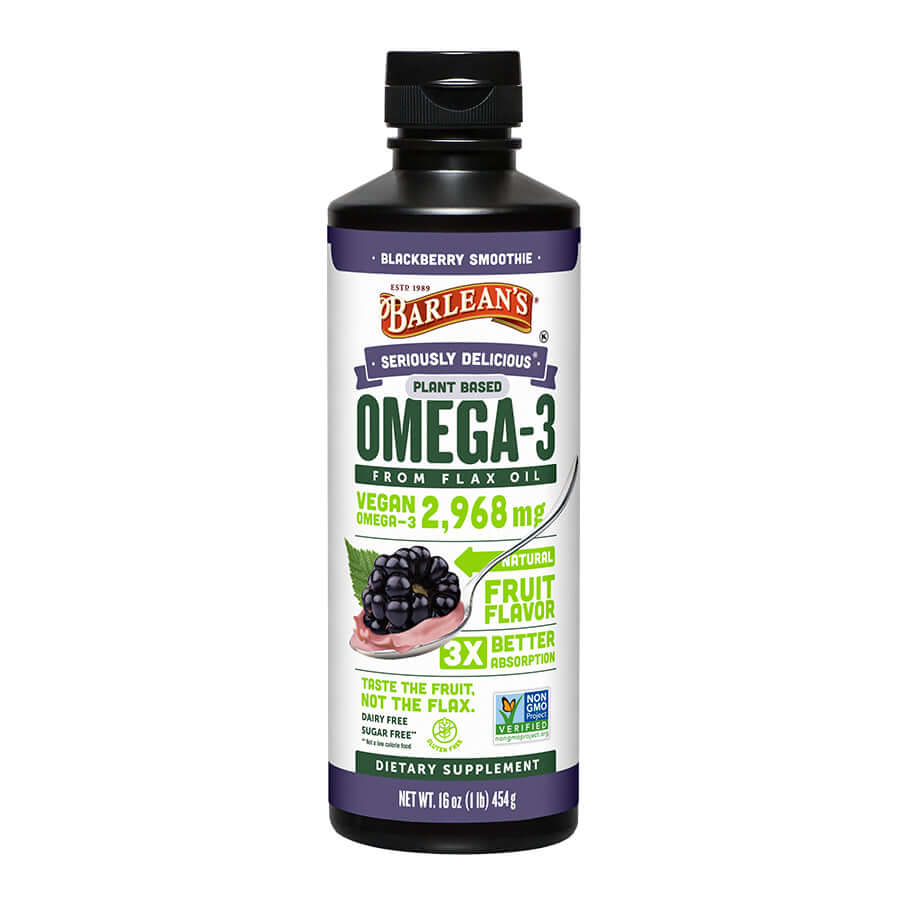
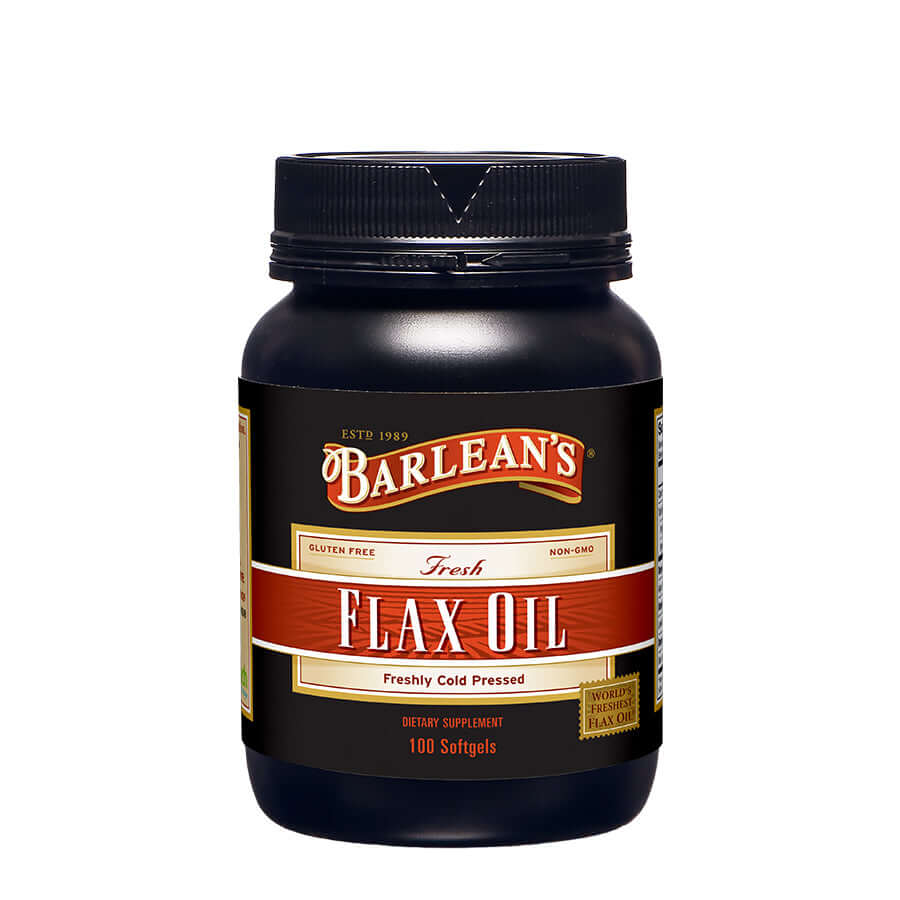
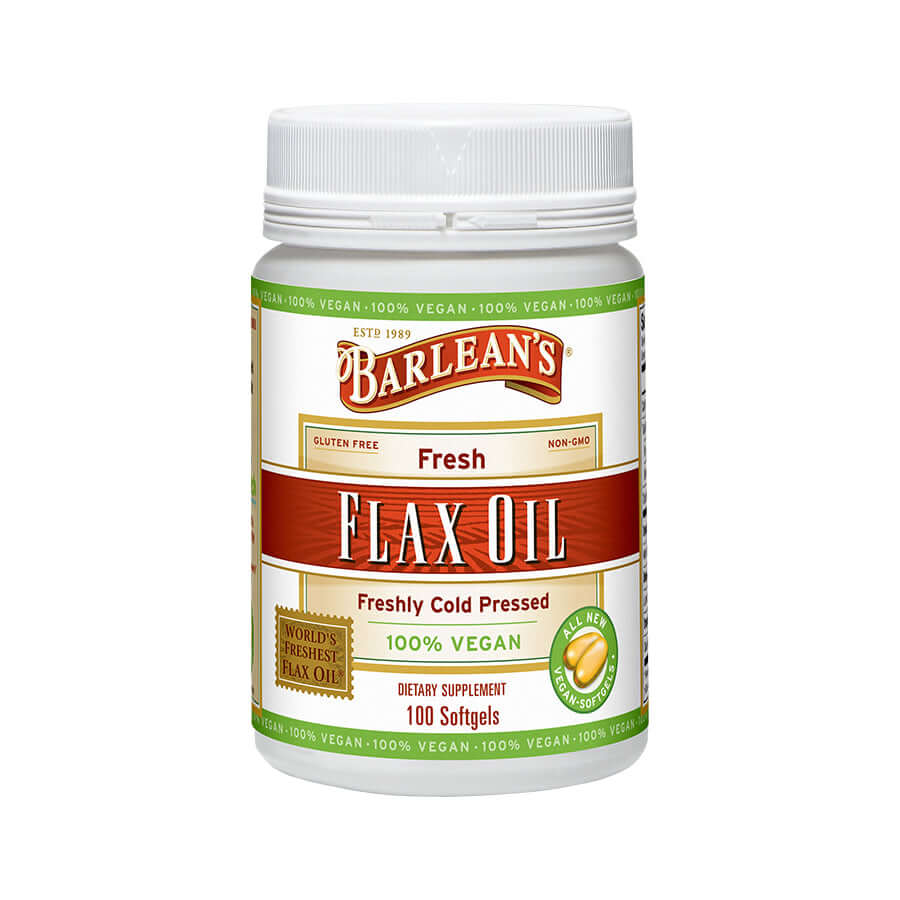
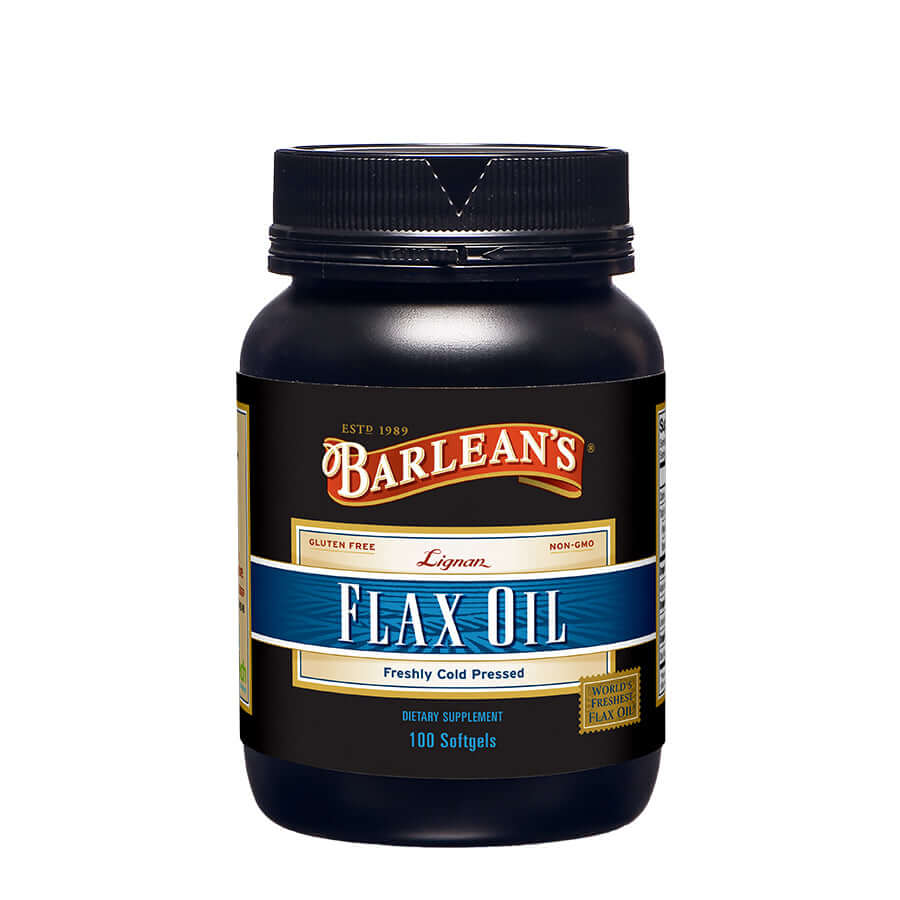
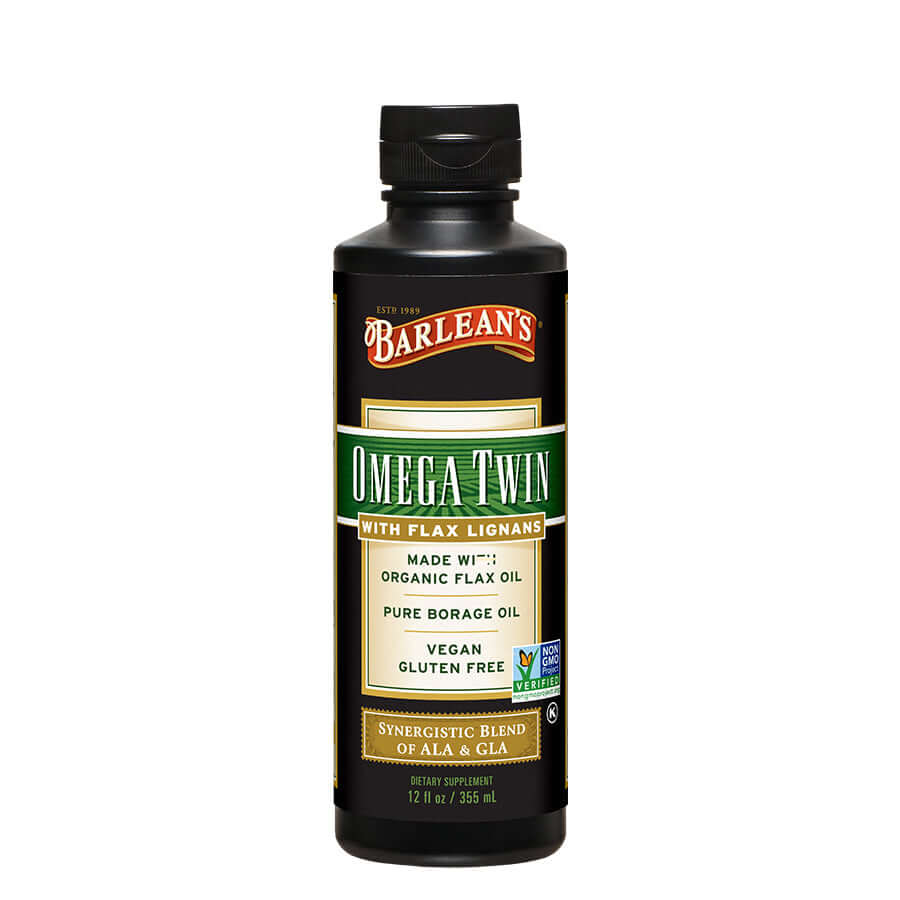
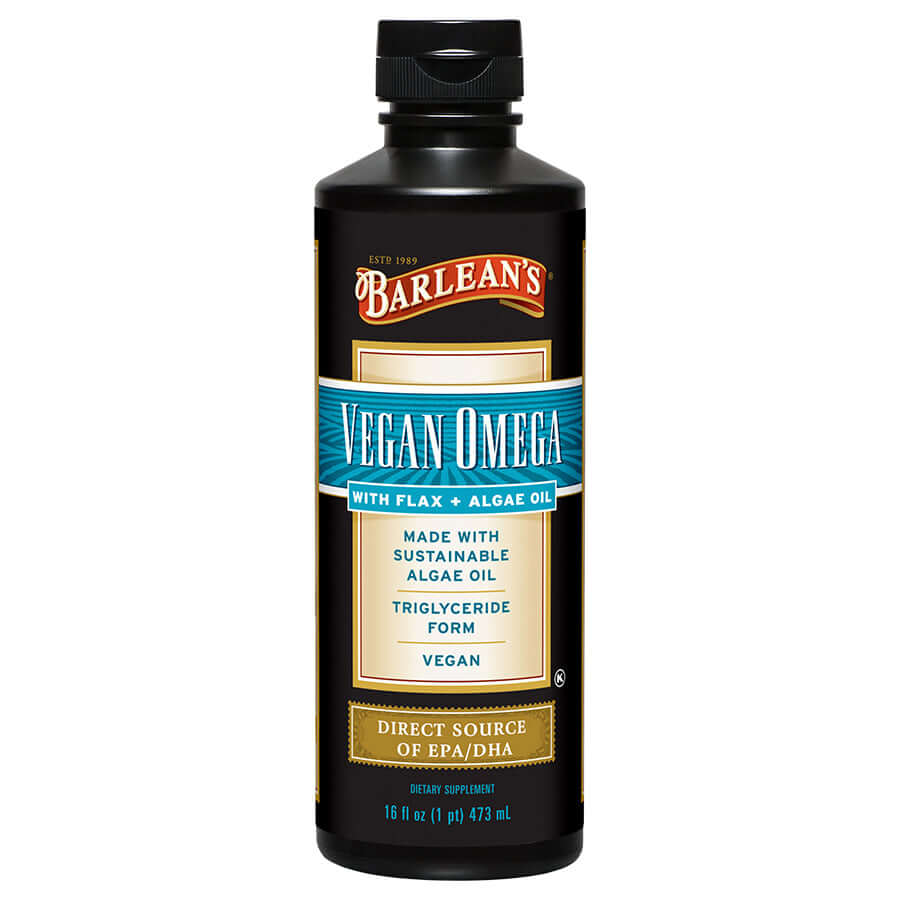
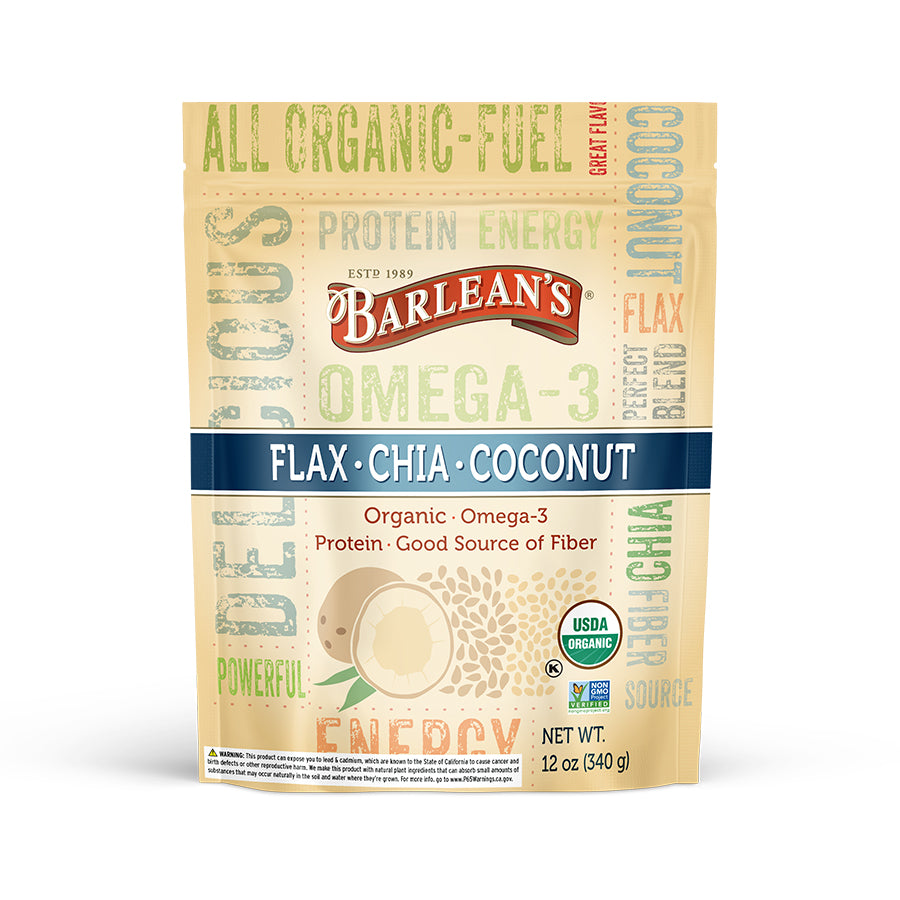
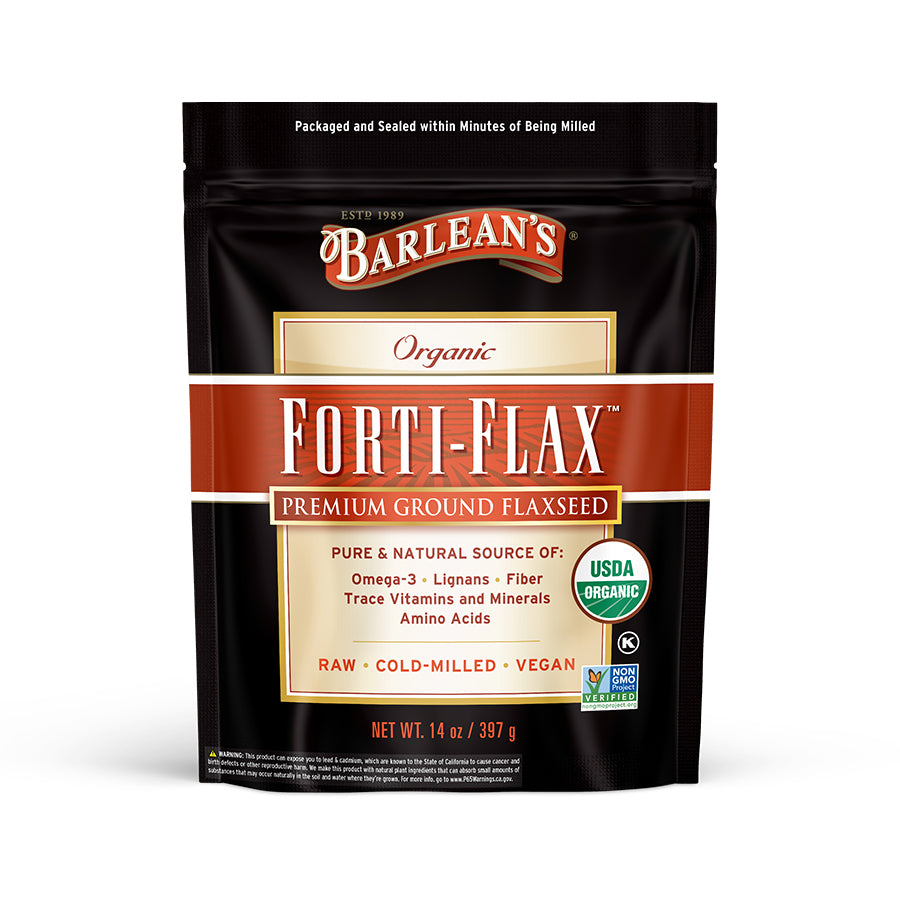
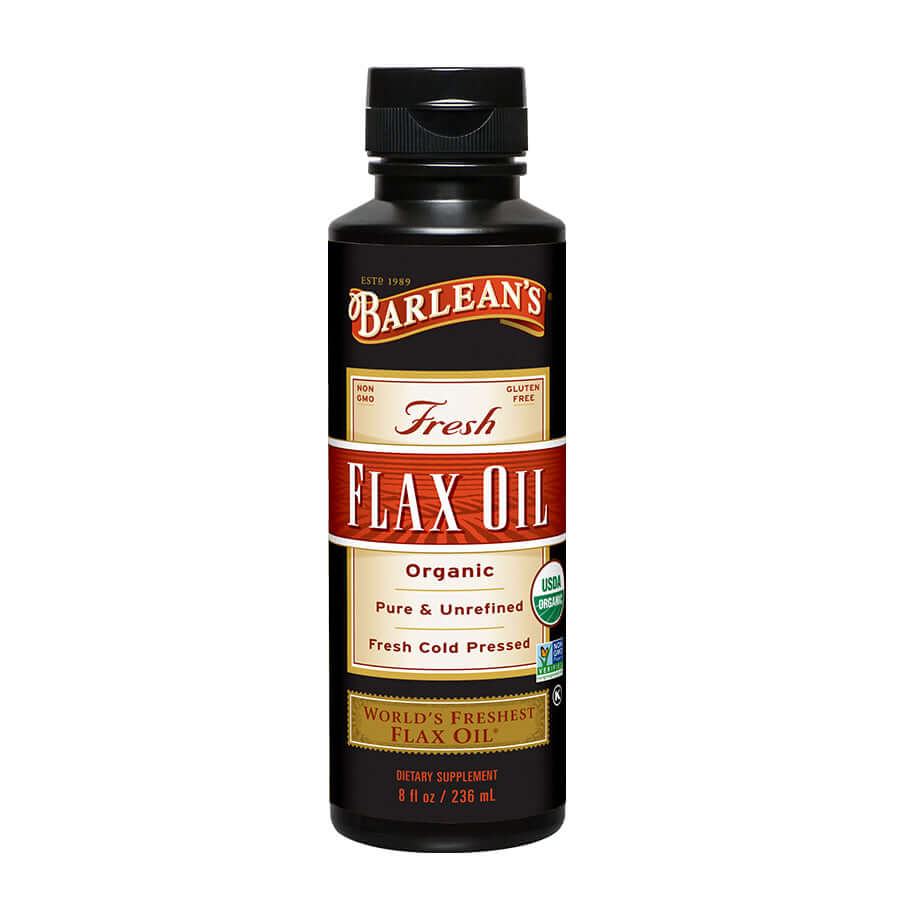
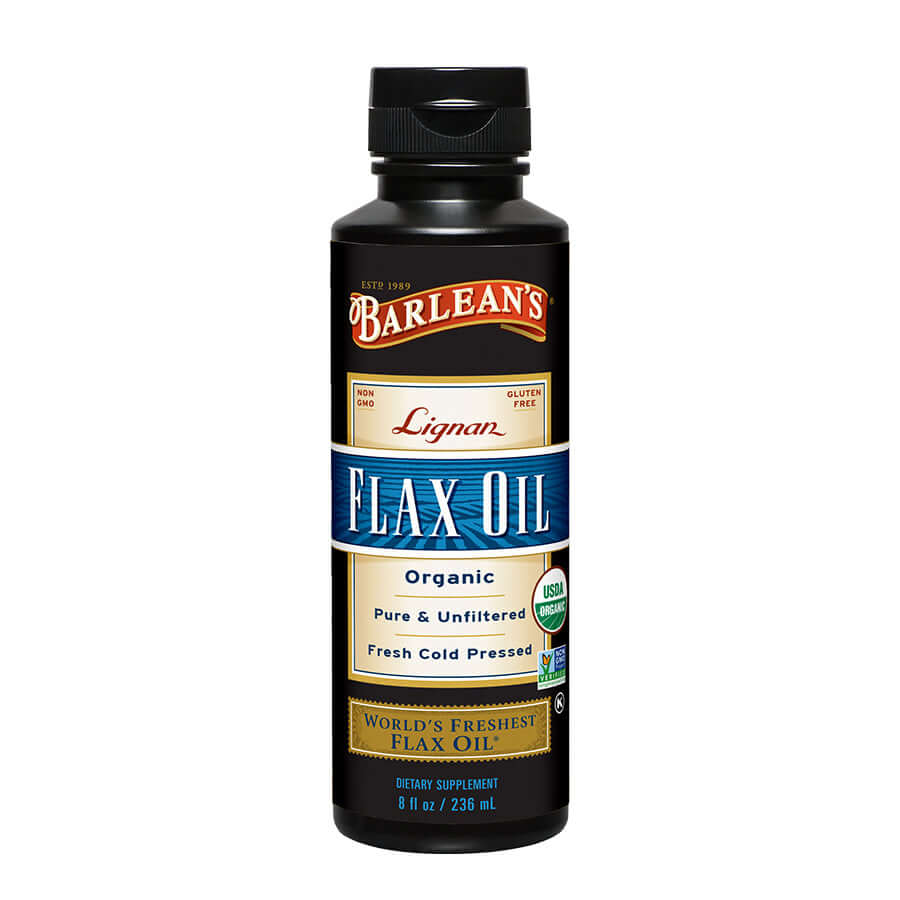
Share:
Fiber and the Gut: How Dietary Fiber Supports Digestive Wellness
Cold-Pressed Oils Explained - Why It Matters for Nutrient Retention*